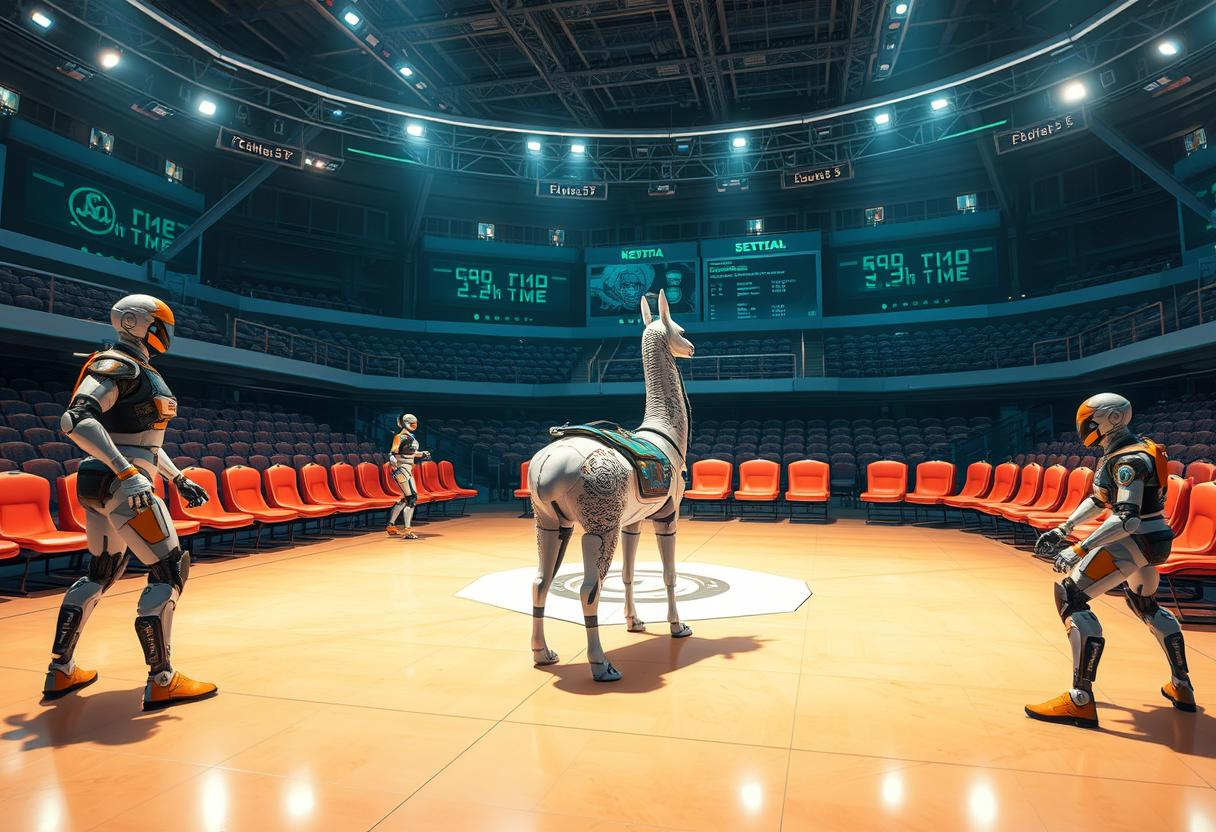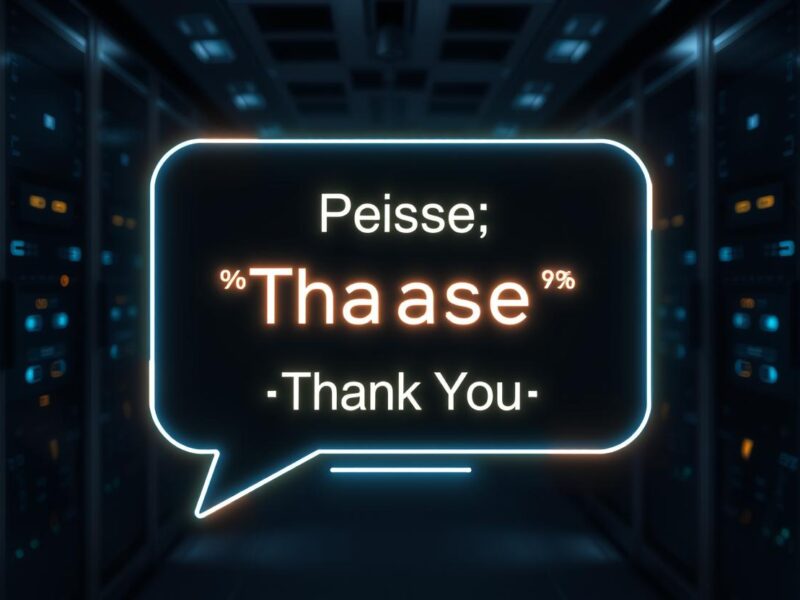In a revealing turn of events, Meta’s unmodified Llama 4 Maverick AI model, specifically the “Llama-4-Maverick-17B-128E-Instruct” variant, has been found lacking when compared to its contemporaries. As of recent evaluations, it trails behind OpenAI’s GPT-4o, Anthropic’s Claude 3.5 Sonnet, and Google’s Gemini 1.5 Pro on the LM Arena benchmark. This comes after Meta faced criticism for using an experimental version of the model to secure a higher score, a move that led to policy changes by the benchmark’s maintainers.
The disparity in performance highlights a broader conversation about the ethics and efficacy of optimizing AI models for specific benchmarks. Meta’s experimental variant, “Llama-4-Maverick-03-26-Experimental,” was tailored for conversationality, a feature that evidently resonated with LM Arena’s human raters. However, this optimization raises questions about the model’s versatility and reliability across different applications. While benchmarks like LM Arena offer valuable insights, their limitations as a sole measure of an AI’s capabilities are increasingly apparent.
Meta’s response underscores a commitment to open-source development and the anticipation of how developers will adapt Llama 4 for diverse use cases. Yet, the incident serves as a cautionary tale about the trade-offs between benchmark performance and real-world applicability, a balance that remains elusive in the rapidly evolving AI landscape.


